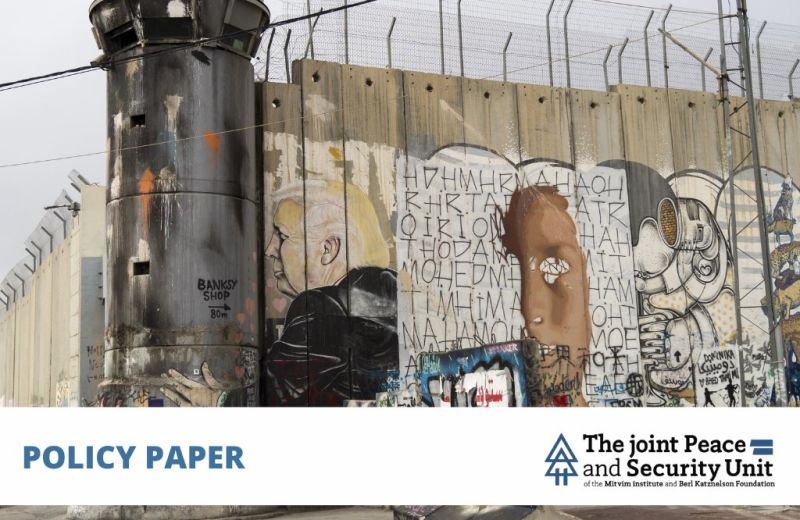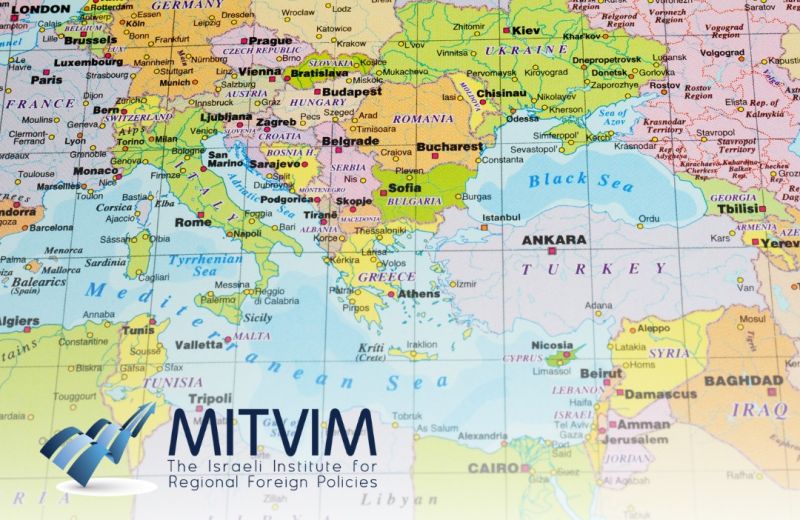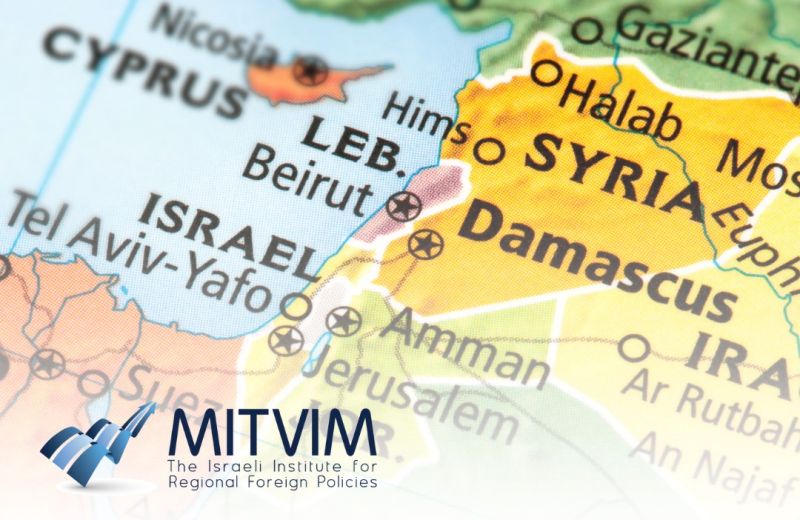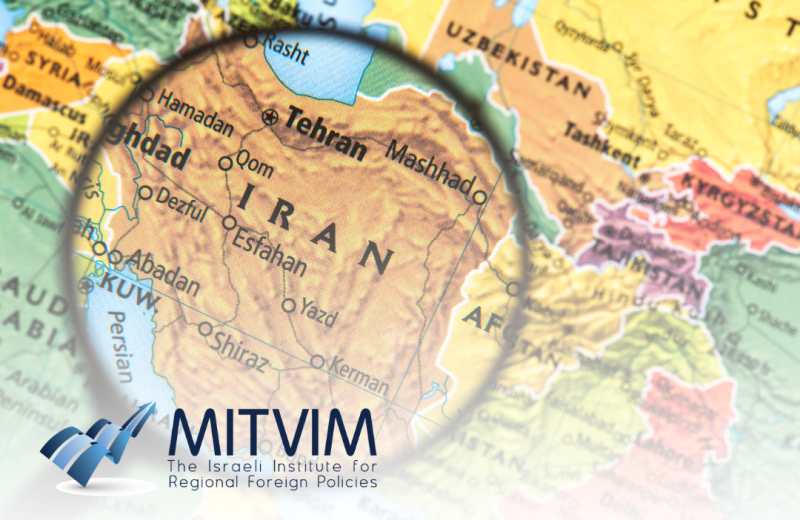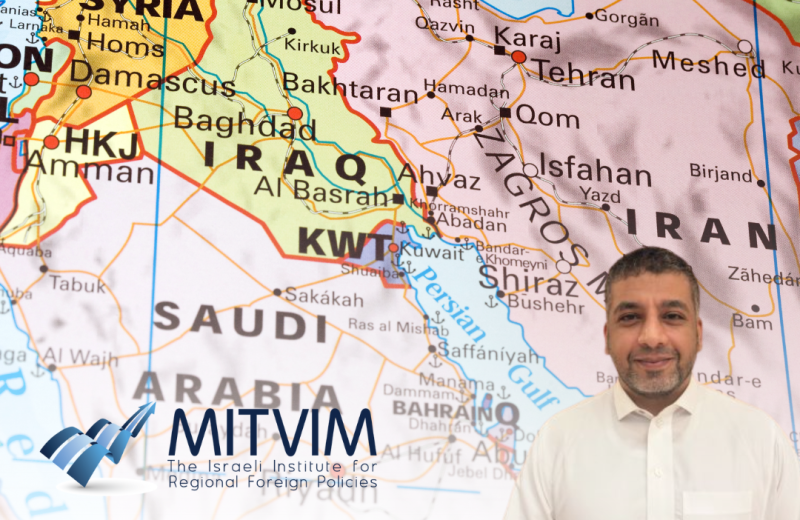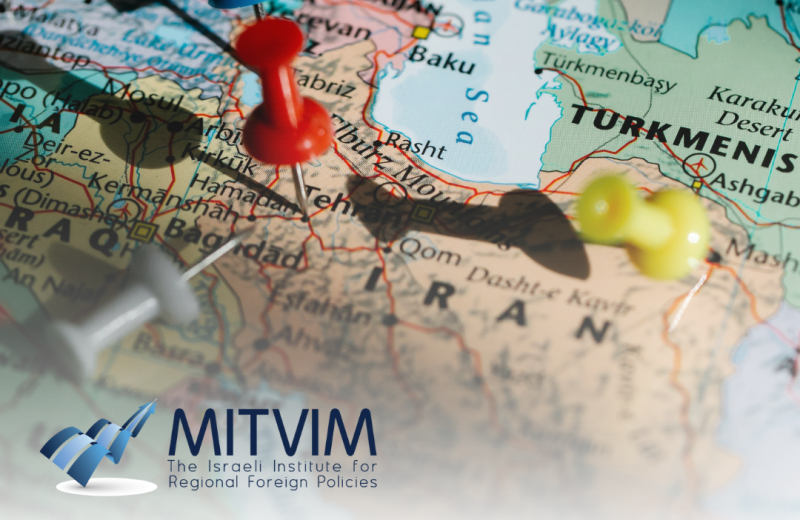This policy paper explores the fast-moving expansion of the UAE’s influence in the Middle East through physical control of territories and assets beyond its borders, analysing the implications for Israel, in particular, and for the regional balance of power as a whole. The paper begins by outlining a conceptual policy framework of so-called “anchors” and “grips” with unique characteristics. It then presents a focused empirical review of the infrastructure, assets, territories and other types of physical property the UAE has acquired to implement its policy in four key arenas: Egypt, Jordan, Israel and the Gaza Strip. The paper then analyzes the regional implications of this process and its specific effects on Israel including its relations with the Palestinians and concludes by proposing guiding principles to address this trend. Scholars and decision makers will find the paper relevant to political and strategic planning for Israel’s regional engagement, particularly concerning Jordan, Egypt, and the Gaza Strip. The importance of the process the paper describes lies in the scope and speed with which this transformative phenomenon is spreading and changing the regional dynamics. This shift disrupts the traditional division between bilateral and regional relations, necessitating a reassessment of how Israel manages its relationships – both with the UAE as an investor and with the neighbouring countries in which it chooses to invest.
Read More →
